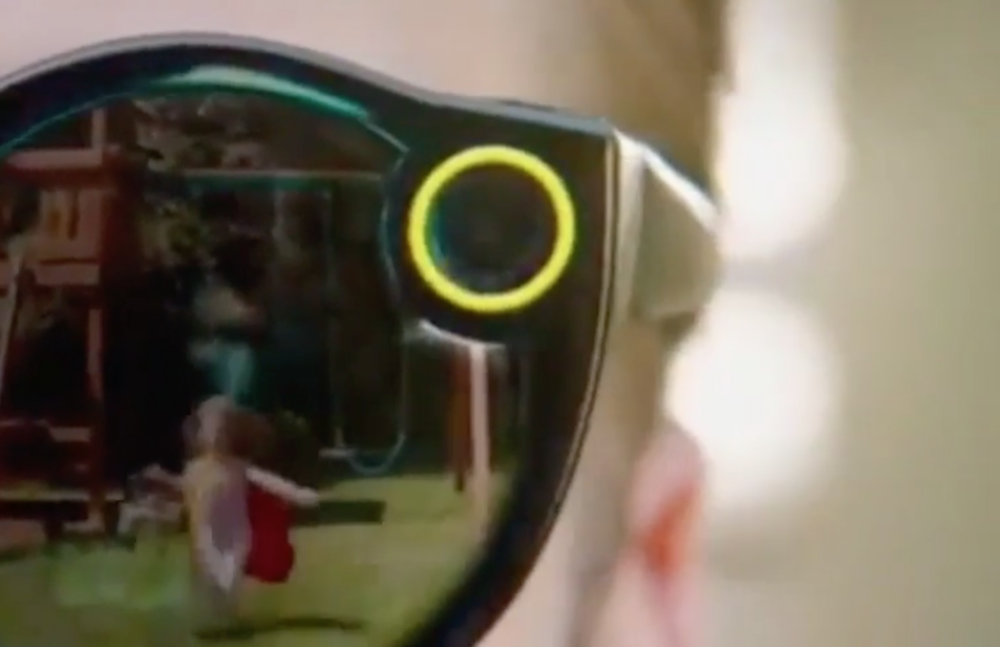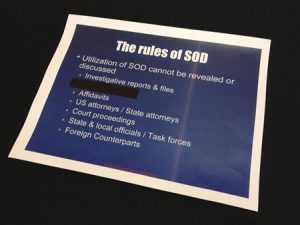Across the United States, police officers abuse confidential databases
“Police officers across the country misuse confidential law enforcement databases to get information on romantic partners, business associates, neighbors, journalists and others for reasons that have nothing to do with daily police work, an Associated Press investigation has found.
[…]In the most egregious cases, officers have used information to stalk or harass, or have tampered with or sold records they obtained.
[…]Unspecified discipline was imposed in more than 90 instances reviewed by AP. In many other cases, it wasn’t clear from the records if punishment was given at all. The number of violations was surely far higher since records provided were spotty at best, and many cases go unnoticed.Among those punished: an Ohio officer who pleaded guilty to stalking an ex-girlfriend and who looked up information on her; a Michigan officer who looked up home addresses of women he found attractive; and two Miami-Dade officers who ran checks on a journalist after he aired unflattering stories about the department.
”It’s personal. It’s your address. It’s all your information, it’s your Social Security number, it’s everything about you,” said Alexis Dekany, the Ohio woman whose ex-boyfriend, a former Akron officer, pleaded guilty last year to stalking her. “And when they use it for ill purposes to commit crimes against you — to stalk you, to follow you, to harass you … it just becomes so dangerous.”
The misuse represents only a tiny fraction of the millions of daily database queries run legitimately during traffic stops, criminal investigations and routine police encounters. But the worst violations profoundly abuses systems that supply vital information on criminal suspects and law-abiding citizens alike. The unauthorized searches demonstrate how even old-fashioned policing tools are ripe for abuse, at a time when privacy concerns about law enforcement have focused mostly on more modern electronic technologies.”





